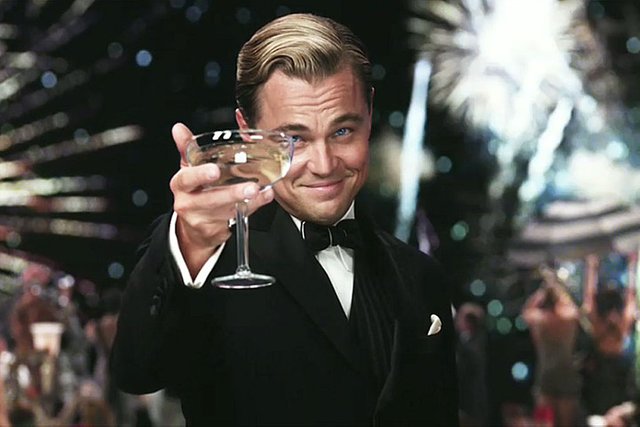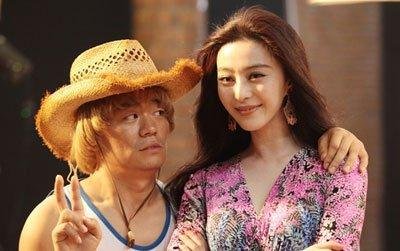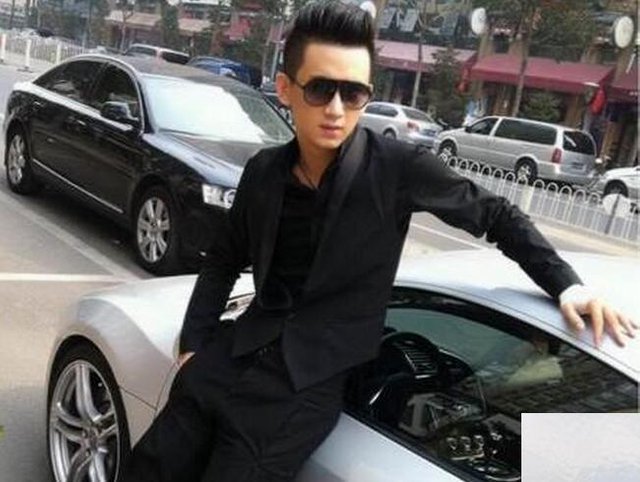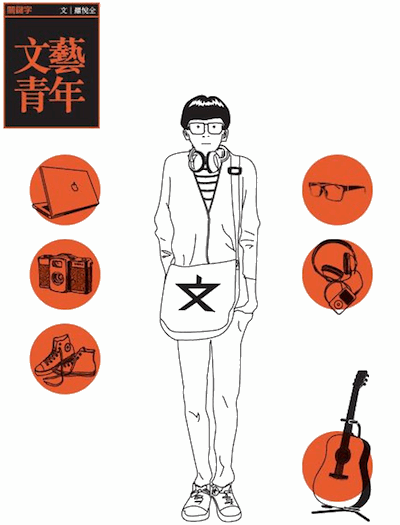The Status Matrix
What status are we?
Society has an uncanny way of grouping people into different categories. Even on Steemit we have minnows, dolphins, orcas, whales and so forth, grouped by their stake in STEEM POWER. But status is actually quite difficult to define. For instance, it could refer to our marital status, a tangible and easily determined attribute, you're either single, or you're married. Of course, if we wanted to expand our definition of marital status, we could introduce additional descriptors such as : divorced, in a civil partnership, married but separated, widowed etc., showing how "complicated" defining even such a simple marital status could be.
What about intangible statuses? For instance, on a social network, people often update their statuses to reflect their feelings, emotions, thoughts or even opinions about something. Again, proving very difficult to define the status of an individual.
In a society, we often talk about "Social Status", a loose definition would be "the position or rank of a person or group within that society." Often attached to social status is occupation, because it is a straightforward determinant of status.
Yet, occupation could be earned through perseverance, knowledge acquisition, ability and skill, it can also be inherited without any of those prerequisites.
Today, i'd like to introduce what I would call the Status Matrix in China. A very simplistic "model", but highlighting some of the issues facing people in China today and how society has ascribed certain people to to certain groups because of their status.

Overview
In this matrix, we have the Y axis which represents wealth and the X axis which represents intellect, thinking ability or brains.
As we move from the bottom to the top, the people have more wealth, and from the left to the right, more intellect and "brains".
土豪 - tu3 hao2 - Nouveau rich

Belonging in the top left corner, we have the tuhao. A term that originated from ancient China which referred to people of prominent origin, particularly of influence and wealthy backgrounds. Over the course of the years, the term has been used to describe opulent spending behaviour, not necessarily from the rich.
It was used in a joke which became viral on Weibo in 2013.
A young man came to a Buddhist monk and asked, "I'm very wealthy, but I'm still not happy. What can I do?" The monk replies, "Define wealthy." The young man says "I'm a millionaire and I own houses all over Beijing, is that not wealthy?" The monk holds out his hand and says nothing. Confused, the young man asks, "Master, are you suggesting that I should be thankful and give back to the community?" Instead of suggesting the young man lives a simple and happy life, the monk replied, "Tuhao, lets be friends!"
The Tuhao was so rich that it even made the Monk Greedy!

Nowadays, the term describes people who have lavish lifestyles, garish tastes, and spend money recklessly. Although this behaviour is prevalent in a country with the highest number of new billionaires, it is definitely frowned upon, particularly as the government has begun cracking down on lavish displays of wealth and flaunting money.
屌丝 - diao3 si1 - Penis Hair

Origin of this term came from an online dispute between two prominent members of the baidu online forum. One user used the term 'diao' (penis) which another user considered insulting. In response, the other user threw 'diaosi' - penis hair (figuratively speaking) back in an attempt to gain authority and the upper hand. Surprisingly, people identified with the term and didn't take offence to it. Instead, the term became a humorous insult.
Diaosi is now considered a buzzword that describes young men of mediocre appearance, working a mediocre job, few prospects, and unable to purchase luxuries. They spend most of their time on the computer usually playing computer games and dream of dating their "女神“ - goddess (their idea of a perfect beautiful girl).

Although the term Diaosi might be considered negative, it has become a popular self-ascribed identity for not just young men, but also women too. In-fact, in a report by an internet giant Sohu, as many as 40% of the total population of China would identify themselves as diaosi. Where before it was used to describe "loosers", it has slowly become a descriptor for ordinary Chinese people who face everyday struggles and hardship.
高富帅 - gao1 fu4 shuai4 - Tall, Rich and Handsome

The term gaofushuai is literally describing a man who is tall, rich and handsome. The equivalent for a female is 白富美 - bai2 fu4 mei3 which literally translates to white, rich and beautiful. Both these terms describe the ideal qualities people look for in a partner, at least in China. Whilst these terms generally describe positive traits in both men and women, it's becoming a thorn in society because naturally, very few people actually fit these descriptions. As such, they are often associated with the term '富二代‘ - fu4 er4 dai4 - rich second generation, who are people who get a lot of money from their rich parents and did not earn their money going through hardship or struggles unlike the majority of other people.
Many people use the term to separate themselves from rich and high-class people. A sense of well being and satisfaction for their current status is achieved that way. Despite this, many people still seek to find partners with this status as it is their ticket to moving up the social ladder.
文艺青年 - wen2 yi4 qing1 nian2 - Literature and Art Youth (Hipsters)

The term remains abstract in definition, but is still often used to describe young people who challenge norms, whether it's through what they wear, their conduct, hobbies or even what they express through literature, art and music.
There is also the term 假文青 jia3 wen2 qing1 which is a satire of the real hipsters.
These hipsters, fake or not are becoming an important part of society because of their willingness to challenge popular opinion. They represent a movement of young people who are breaking out from the repressed society of old and welcoming a new paradigm of free thinkers, expressing themselves through all sorts of new avenues.
Thanks for the education. I didn't know anything about this topic other than the fact that most Chinese people lived in some sort of ways in social casts. Here it is. Thanks again for a very good short and definitely sweet article. Namaste :)
social outcasts indeed. But I think it's the wealth disparity making the minimum quality of life some what out of reach for many more people than some where else. That said, there is an emerging middle class driven by consumption that demands a higher quality of life and less wealth disparity.
Letting the middle-class emerge a bit doesn't necessarily mean that the trend is meant to last. there are so many examples of it in our history. I'll take Germany before WWII, the middle-class rose in strides, but then collapse, literally overnight, and watch what is happening in the USA, Canada, and most of Europe, the middle-classes are being squished out to the extremes...
I'm sure you have been aware of the 1% movement in the USA and all over the world. This movement underlines fundamentals that haven't been resolved quite yet and refers directly to the idea of "wealth disparity making the minimum quality of life some what out of reach for" most people of this planet 99%, by now maybe even greater... The whole in the middle is growing and the casts are put to the test of polarization.
Namaste :)
Reminds me of this.... :D
ahahah makes sense!
Aha.. speaking to Miss Opinionated I see :)
nice
nice
Interesting!
It is interesting to notice that money comes in from the start. This should not be part of a way to tag people, IMO. There are many other traits that are more relevant (humour, culture, etc.).
However, the current society is what it is. Many consider becoming rich as a goal in life...
In China, money is everything. We even have a term called 铜臭味 ’tong2 chou4 wei4' which is the stench of copper. It's used to describe situations where money seem to be the only thing that matters. However, it is interesting to see that the bottom two groups are actually the ones most people identify with and have the least amount of negative vibe, even though they are the groups with the least money.
Not just In China, i think most of people on th eworld love money than many things.
:)
I'm the nowhere. Not rich enough, not poor enough. Handsome enough, not ugly enough.
Ahaha a real "中"国人
中界人吧。
😆 Good Read!
I always admire your work @sweetsssj! It is very professional! I hope you enjoy my post. Thank you!
This is really interesting! Even though this is specifically about China, I think we can apply this to so many different groups of people around the world. Great lifestyle account!